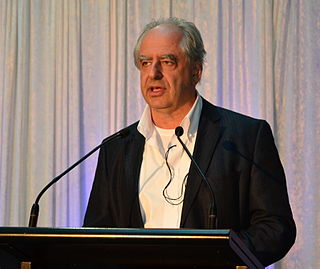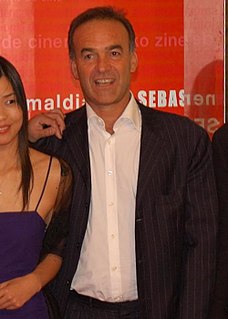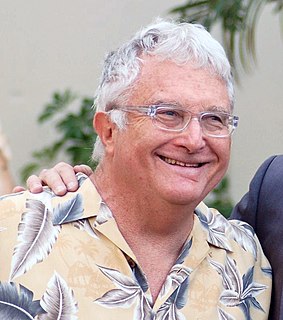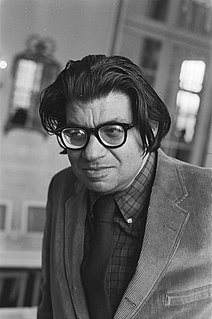A Quote by Neill Blomkamp
There's no question that how Johannesburg operates is what made me interested in the idea of wealth discrepancy. 'Elysium' could be a metaphor for just Jo'burg, but it's also a metaphor for the Third World and the First World. And in science fiction, separation of wealth is a really interesting idea to mess with.
Related Quotes
I love science fiction but I don't like fantastic [cinema]. For example, if you have a magical ring and you can explode the world with it. What are we talking about? You know, it's not interesting. I don't like Lord of the Rings. Even Star Wars, for me, I don't understand this kind of story. But Alien, because the rules of the game are very precise, it could happen. I love science fiction. I have an idea about robots in the future.
Television is our culture's principal mode of knowing about itself. Therefore -- and this is the critical point -- how television stages the world becomes the model for how the world is properly to be staged. It is not merely that on the television screen entertainment is the metaphor for all discourse. It is that off the screen the same metaphor prevails. (92)
Science fiction is a weird category, because it's the only area of fiction I can think of where the story is not of primary importance. Science fiction tends to be more about the science, or the invention of the fantasy world, or the political allegory. When I left science fiction, I said "They're more interested in planets, and I'm interested in people."
To me, I took a militant attitude towards sounds. I wanted sounds to be a metaphor, that they could be as free as a human being might be free. That was my idea about sound. It still is, that they should breathe ... not to be used for the vested interest of an idea. I feel that music should have no vested interests, that you shouldn't know how it's made, that you shouldn't know if there's a system, that you shouldn't know anything about it ... except that it's some kind of life force that to some degree really changes your life ... if you're into it.




































